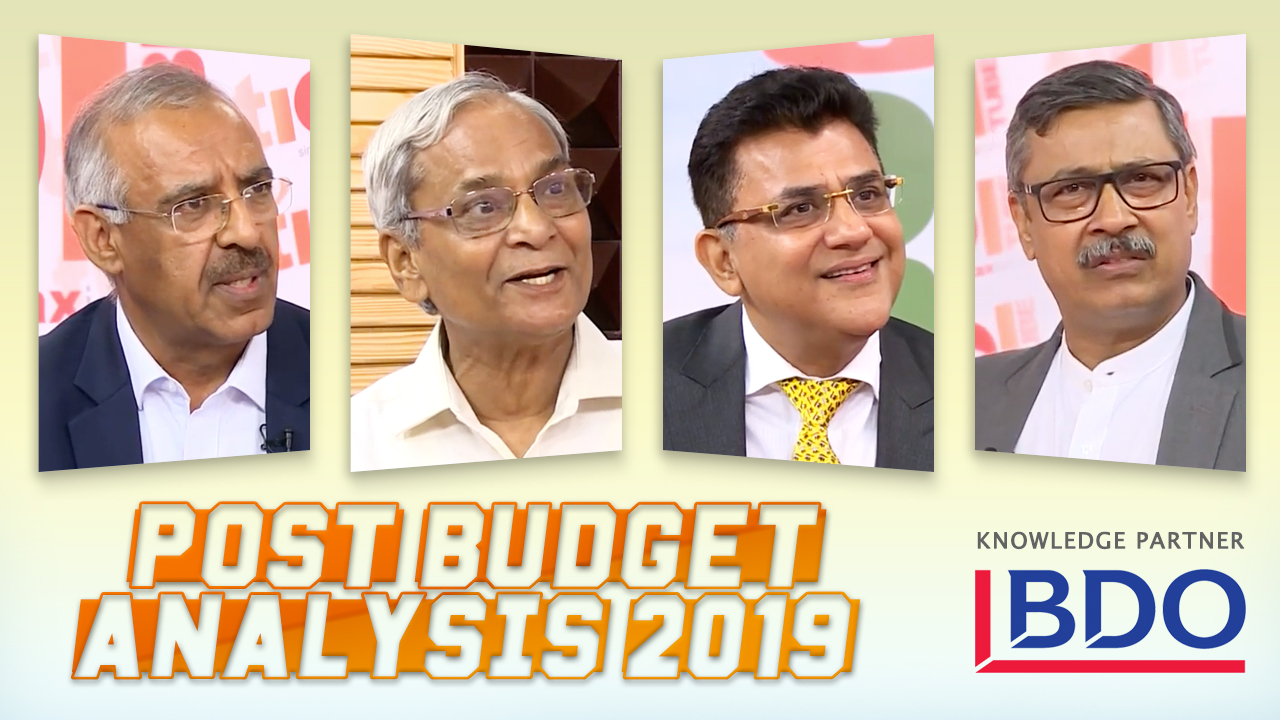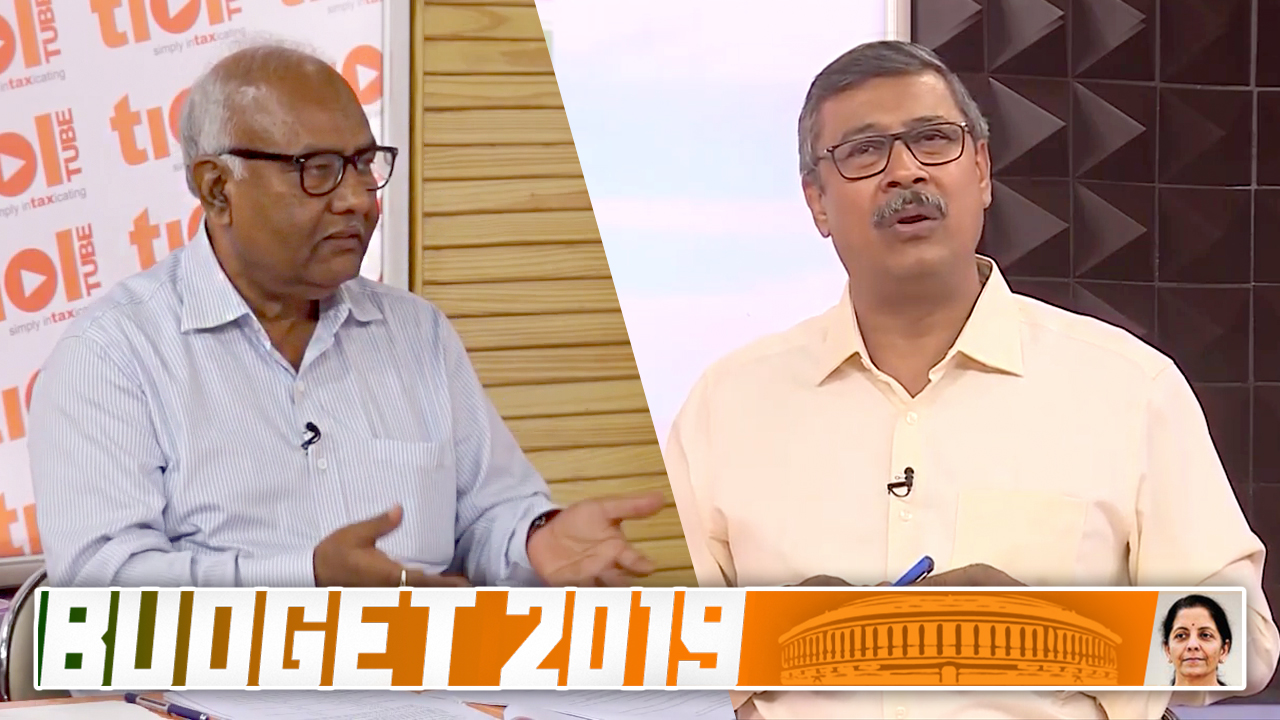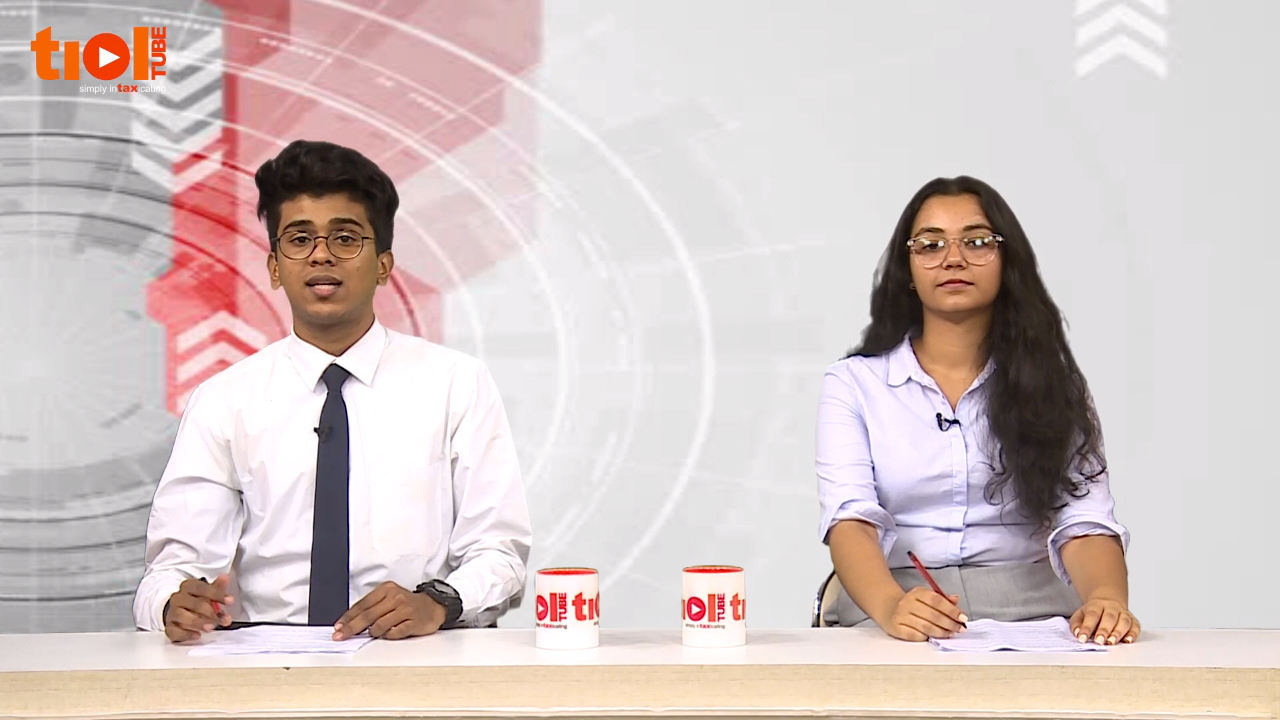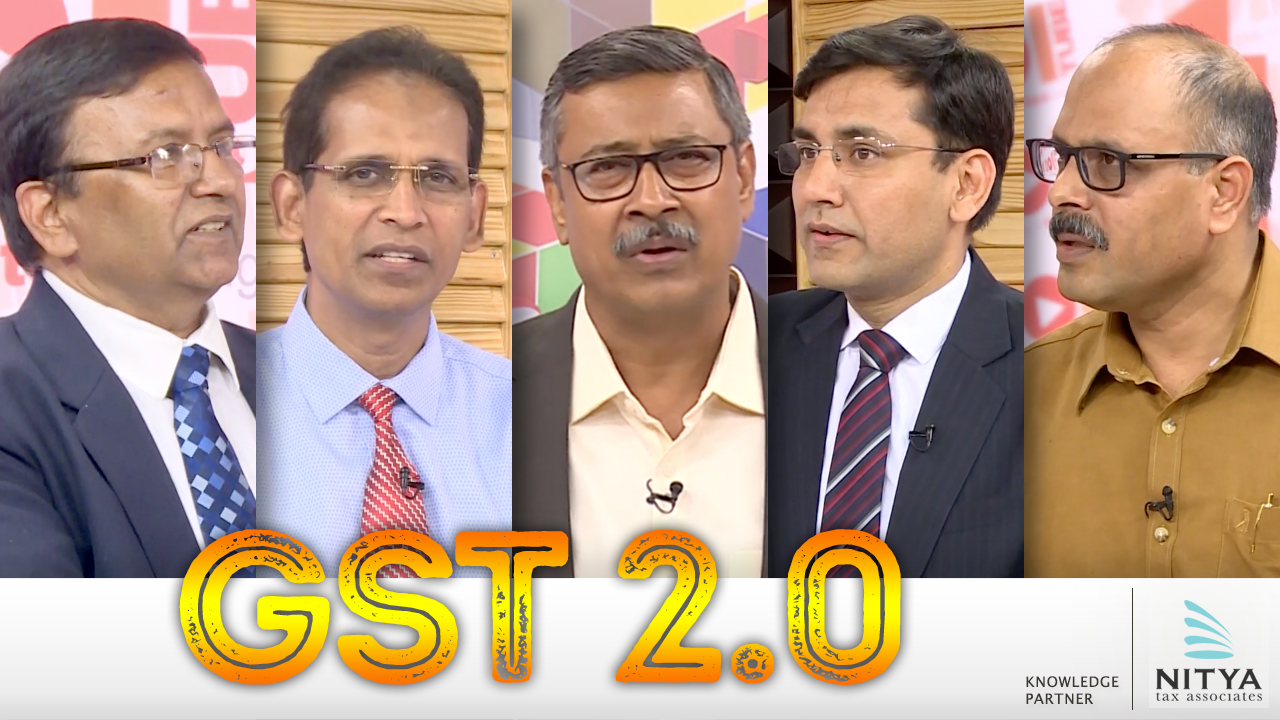|
SERVICE TAX
2019-TIOL-1972-CESTAT-BANG
Efficient Security And Detective Bureau Vs CC, CE & ST
ST - The assessee-company provides security & detective services - It rendered typing services to the University of Mysore & sent its staff to the university campus to carry out such activities - The assessee wrongly paid service under category of Manpower Recruitment & Supply service for the relevant period - It later filed refund claim on grounds that such typing work undertaken for the University did not come under the ambit of any taxable service - SCN was issued proposing to reject refund claim, on grounds that the assessee is a service provider and such service of providing casual labor attracts service tax - The original authority rejected the refund claim upon adjudication - On appeal, the Commr.(A) upheld such findings - Hence the present appeal. Held: Perusal of various clauses of the agreement shows that the assessee is involved in actual execution of work & not mere supply of manpower - Further, the definition of manpower supply as per Section 65(105)(k) is inapplicable here as the assessee has not supplied the manpower but is only executing the work of typing & housekeeping for which payment is received - Besides, the contract could be terminated if the assessee's work is unsatisfactory - Hence the O-i-A in challenge is unsustainable & merits being quashed: CESTAT
- Assessee's appeal allowed: BANGALORE CESTAT
2019-TIOL-1971-CESTAT-DEL
Kent Chemicals Pvt Ltd Vs Commissioner CGST
ST - During the relevant period, SCNs were issued to the assessee-company on grounds that it failed to pay service tax on Goods Transport Service provided to the assessee - It was alleged that as per Rule 2(1)(b)(v) of the STR 1994, the recipients of GTA service is liable to pay service tax on freight amount paid under RCM - Duty demands were proposed with interest u/s 75 of the FA 1994 r/w Rule 14 of CCR 2004 & Section 11AA of CEA 1944 - Penalties were imposed u/s 76, 77 & 78 of the FA r/w Section 11AC of CEA and Rule 15 of the CCR 2004 - On adjudication, the duty demands were confirmed - Later, the Commr.(A) sustained such findings. Held: The issue at hand is no longer res integra and it has been held that once there is no dispute regarding the payment of service tax though by the provider of GTA service the amount of service tax stands accepted by Revenue, the same cannot be demanded from the recipient of the GTA service - Hence the demand is liable to be quashed - Moreover, the credit has been availed only on the amount of the service tax that stands paid to the Government Exchequer though by the provider of the service despite that the same was to be provided by the recipient - It is settled law that once the tax stands paid, cenvat credit is still available: CESTAT Held: Penalty - The assessee showed sufficient cause to have harbored a bona fide impression of not being liable to pay service tax even under RCM - No allegations of suppression or mis-statement can be levelled against the assessee - Hence the extended period of limitation could not have been invoked & there is no reason to impose penalty - Moreover the SCN issued in July 2007 proposing demand for period between 2012-13, is time-barred - Hence the O-i-A merits being quashed: CESTAT
- Assessee's appeal allowed: DELHI CESTAT
2019-TIOL-1970-CESTAT-ALL
Pink City Properties Pvt Ltd Vs CC, GST & CE
ST - The assessee was engaged in providing services under category of 'Construction of Residential Complex Services' - They sold One flat at a consideration of Rs.30,25,000/- - Inasmuch as the completion certificate was not available with the assessee, Revenue entertained a view that the said activity of sale cannot be considered to be a sale of flat and the same is covered under the services which were taxable - The assessee fairly agrees that the sale of flat was completed on 23/07/2012 whereas even as per the letter of the Mathura Vrindavan Development Authority the building was not completed by November, 2013 - On further being questioned the assessee submitted that the application for issuance of such completion certificate was made by assessee to the Development Authority only on 14/11/2013 i.e. much after the actual sale of the flats in July, 2012 - Tribunal fails to understand that when the assessee himself is approaching the Authorities for issuance of completion certificate after almost more than a year of sale of the flat, how can they adopt the plea that the flats were completed at the time of sale and in terms of the provisions of the Finance Act, the certificate issued by the architect should be taken as an evidence of completion - No merits found in the appeal, accordingly, the impugned orders are upheld: CESTAT
- Appeal rejected: ALLAHABAD CESTAT
CENTRAL EXCISE
2019-TIOL-1969-CESTAT-KOL
CCE, C, ST Vs Pioneer Industries Ltd
CX - The assessee is a manufacturer of industrial/or laboratory furnaces - During period from 06.07.2013 to 30.07.2013, the assessee was required to clear their finished goods on consignment basis for payment of Central Excise duty from their Account Current (PLA) without utilizing Cenvat Credit under Rule 8 (3A) - Revenue was of the view that during default period, assessee was required to make payment of duty on consignment to consignment basis, only in cash, without making use of credit accumulated in Cenvat Credit - The provisions of Rule 8 (3A) of CER, 2002, based on which the demand for duty has been raised by Department has been struck down by the various High Courts as ultra vires - In view of the decisions including the decision of Jurisdictional High Court, there is no bar in making use of accumulated Cenvat Credit for making payment of Central Excise Duty even during default period - There is no justification for ordering payment of interest or penalty as sought by the Revenue - In the result, the appeal filed by the Revenue is rejected: CESTAT
- Appeal rejected: KOLKATA CESTAT
2019-TIOL-1968-CESTAT-AHM
Rubamin Pharmaceutical Ltd Vs CCE & ST
CX - The issue to be decided is that whether the assessee is required to pay duty at the concessional rate in terms of Notfn 23/03-CE or duty equal to the amount of aggregate of duties of customs in terms of proviso to sub-section (1) of section 3 of CEA, 1944 - It is clear that any manufactured goods by 100% EOU when cleared in DTA are liable for duty equal to the amount of aggregate of duty of customs - This issue is covered by the decision of Tribunal in case of Rajvani Synthetics Pvt. Ltd - Accordingly, the demand raised by Revenue is clearly sustainable, hence, the impugned order is upheld: CESTAT
- Appeal dismissed: AHMEDABAD CESTAT
2019-TIOL-1967-CESTAT-MUM
India Sugars And Refineries Ltd Vs CCT
CX - The assessee is engaged in manufacture of sugar and molasses and are availing CENVAT credit facilities on input, capital goods and service tax on input services - The SCNs were issued to assessee alleging that they had availed CENVAT credit on duty paid on HR sheets, coils, plates, angles as capital goods which are used for fabrication of structural parts for capital goods whereas the appellate authority has travelled beyond the scope of SCN inasmuch as there was no requirement in SCN for producing documentary evidences for usage of the goods - The credit has been denied for reason of non-submission of documents whereas the SCN itself confirms the usage of capital goods - In support of this submission, reliance has been placed on the decision in case of Toyo Engineering Ltd. - 2006-TIOL-111-SC-CUS - The only ground on which the original authority has rejected the CENVAT credit is that the impugned goods are not used for repair and maintenance and have been used for fabrication of structures - In assessee's own case for earlier period, this Tribunal has allowed the appeal of assessee holding that the CENVAT credit is admissible for goods which have been used for repair and maintenance of plant and machinery - In the case of Renuka Sugars Ltd. 2017-TIOL-2260-CESTAT-BANG , the Tribunal has considered various decisions of Tribunal and the High Court and has come to the conclusion that various items like angles, channels and beams are eligible for CENVAT credit if they are used for repair and maintenance of building or even for fabrication of structures - Karnataka High Court in case of Alfred Albert India Ltd. 2010-TIOL-427-HC-KAR held that inputs used for repair and maintenance of plant and machinery is eligible for credit - Therefore by following the ratios of said decisions, impugned order is not sustainable in law: CESTAT
- Appeal allowed: MUMBAI CESTAT
CUSTOMS
2019-TIOL-1966-CESTAT-MUM
Samsung India Electronics Pvt Ltd Vs CC
Cus - The assessee-company is a manufacturer of electronic appliances - It filed bills of entry during the relevant period - Upon resale of goods imported upon payment of VAT & Sales Tax, the assessee claimed refund of SAD as per Notfn No 102/2007-Cus - The original sales invoices and Sales Tax/VAT challans were submitted too, as were other supporting documents - However, the refund was rejected by the adjudicating authority - On appeal, the Commr.(A) remanded the matter for re-verification of TR 6 Challans to determine genuineness of refund claim - In the 2nd round of litigation, the refund claim was denied on grounds that all TR 6 challans, copies of VAT/CST challans duly certified by the CA were not produced - The assessee's second appeal before the Commr.(A) was rejected on grounds of limitation - Hence the present appeal by the assessee. Held: The rejection of refund in the first round is without proper basis & is based on flimsy grounds that TR 6 challans were not produced - Considering that the assessee submitted other documents, the refund should not be rejected merely for want of TR 6 challan in original - Such fact could have been verified by the Revenue from its own records & could have advised the assessee to obtain a bank certificate during the relevant period - However, the Revenue was somehow happy to reject the refund claim - Hence the appeal is allowed by way of remand to the adjudicating authority with directions to verify the evidence at hand and to not insist upon production of original evidence which the assessee admittedly filed earlier: CESTAT
- Case remanded/In favor of assessee: MUMBAI CESTAT
2019-TIOL-1965-CESTAT-HYD
Sri Balaji Associates Vs CC & ST
Cus - The assessee have imported old and used photocopiers and filed a bill of entry for clearance of same for home consumption - The goods in question were restricted for import during relevant period in terms of Para 2.17 of (FTP) 2004-2009 and could be imported only against a valid license issued by DGFT - When the goods were imported, the value of imported goods were doubted by Customs authorities and in the presence of representative of the importer as well as a Chartered Engineer the goods were opened and examined - The value was assessed with the help of Chartered Engineer - The value so assessed was accepted by assessee vide their letter and based on such acceptance the assessment was completed - No force found in the argument of assessee that a market enquiry should have been conducted and they should have been provided a copy of such market enquiry when they have not disputed the value of the goods at the time of assessment - Insofar as the confiscation of the goods and imposition of redemption fine is concerned, the goods were undisputedly imported in violation of Para 2.17 of FTP without a license - Therefore, the goods were liable for confiscation under Sec.111 and have been rightly confiscated so - The redemption fine imposed is Rs.6,50,000/- on a total estimated value of Rs.18,50,272/- - It works out to about 33% of estimated market value - In cases of confiscation, usually, Tribunal have been adopting the value of 10% - Accordingly, assessee has a case for reduction of redemption fine to Rs.2,00,000/- - The penalty of Rs.1,00,000/- imposed under Sec.112(a) works out to about 5% of value of the goods and therefore, it requires no interference - Appeal is partly allowed by reducing the redemption fine but otherwise upholding the impugned order: CESTAT
- Appeal partly allowed: HYDERABAD CESTAT |
|








